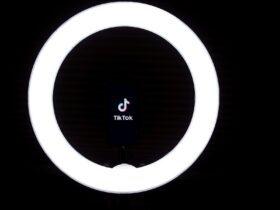Preterm babies that are born before 32 weeks face several dangers. One of these is a higher likelihood of behavioral and attention issues.
Previous research has suggested that there may be early signs of difficulties that arise in childhood, but the results have been inconsistent. A new study investigates cognitive and social functions over extended periods and examines an approach with greater consistency.
The findings imply that indicators might predict possible issue areas in preterm baby development.The survival rate of extremely preterm and low-birthweight newborns has improved because of medical advancements.
However, such children are more likely to experience behavioral and academic issues, such as attention deficit hyperactivity disorder (ADHD). As a result, there is a growing need to learn more about how and why developmental difficulties emerge.
Such knowledge might benefit practitioners in identifying children in need of assistance and enhancing care for such youngsters. Yuta Shinya, a project assistant professor at the University of Tokyo’s Graduate School of Education, and his colleagues investigate this subject.
Experts look for Early Symptoms of Difficulties that may Occur Later in a Child’s life
They seek observable indicators in the early stages of an infant’s life that closely correspond with the kind of challenges that may arise later in life and require help, among other things.
A behavioral signature was discovered in their most recent investigation.
At 12 months, we detected a particular behavior in preterm children that we didn’t find in full-term babies, and it seemed to predict key cognitive and social skills at 18 months. In a conventional test to recover a hidden toy, preterm babies did much worse.
Even though the item was relocated repeatedly in plain sight, the newborns in question would frequently look for it in its former placements. In this test, full-term babies fared significantly better.
The team’s approach is unique in that it employed computerized eye-tracking to determine the newborns’ visual-motor coordination. Previous research had their results compromised by too much human presence, which distracted the young participants, therefore automating certain portions of the exam provides more consistent results.
The study was also comparative longitudinal, according to the researchers. They used parental questionnaires to assess the newborns’ executive function, which is defined as making objectives and organizing thoughts, emotions, and behaviors toward those goals.
Shinya said that early assessments might predict developmental milestones with some accuracy later on. Even though this was just a little research with 27 preterm and 25 full-term babies, a bigger sample size will follow up.
The scientists also want to investigate the neurophysiological process behind cognitive impairments in preterm newborns.
These results will assist in identifying youngsters who need early intervention. By making society a better environment to grow children, people can make the world a better place for them even if they are born prematurely.















Leave a Reply